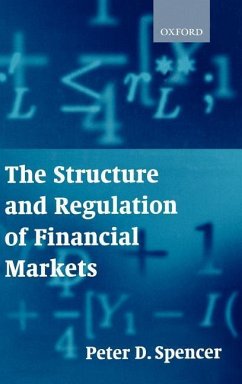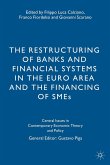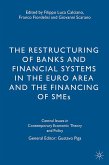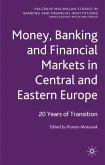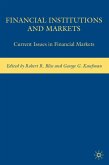This lucid text brings together and explains the main theoretical developments in economic thinking about financial markets, institutions, and regulations over the last twenty-five years. It relates the theory of asymmetric information to the main financial developments in the US, UK, and other Anglo-Saxon countries. After a preliminary discussion of financial markets and their transparency, it looks at the role of financial intermediaries such as banks. It argues that these institutions can compete with efficient markets because they are confidential. The book goes on to discuss bank credit rationing, bank failure and systemic risk, and the way in which regulation can control these risks.
Hinweis: Dieser Artikel kann nur an eine deutsche Lieferadresse ausgeliefert werden.
Hinweis: Dieser Artikel kann nur an eine deutsche Lieferadresse ausgeliefert werden.

